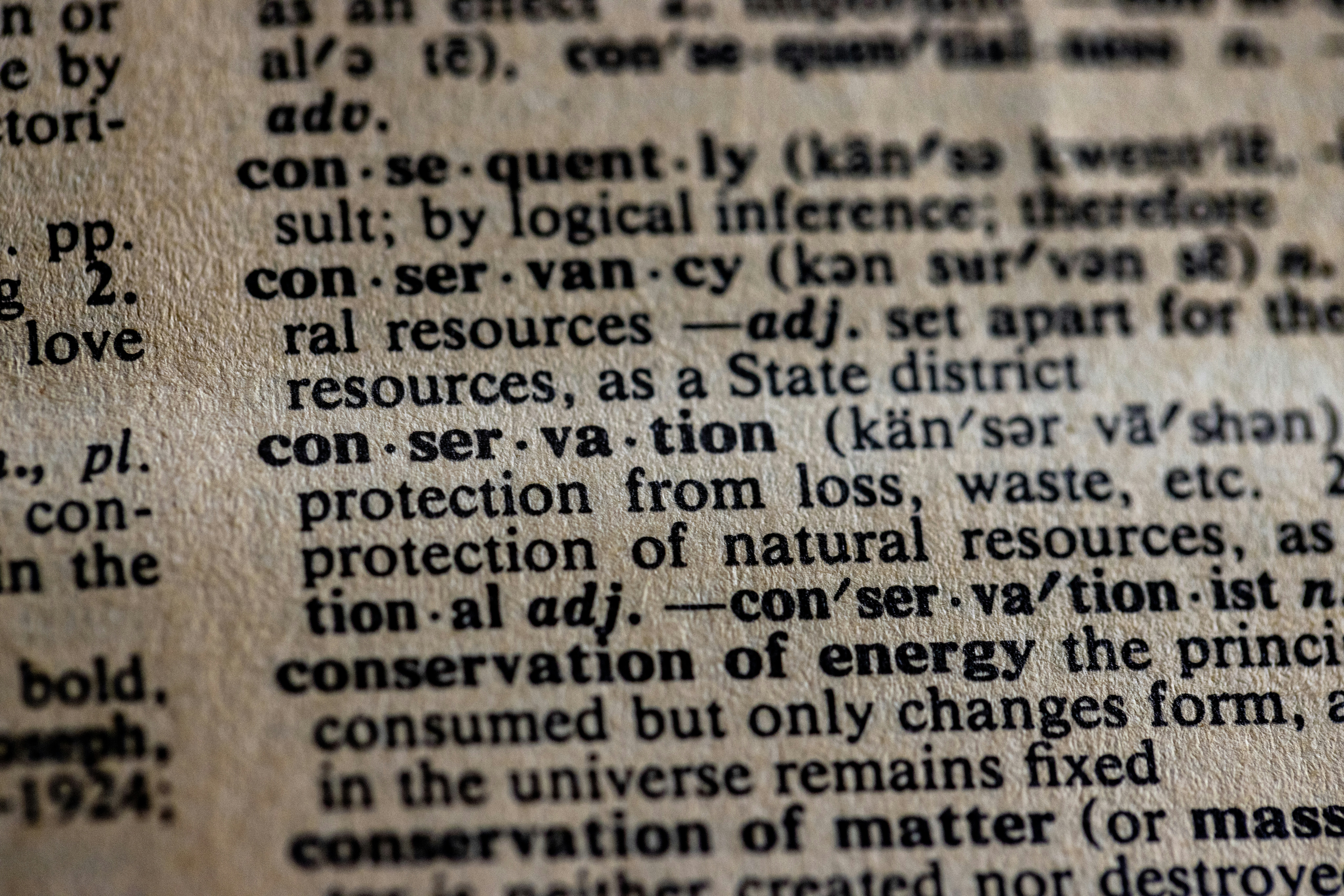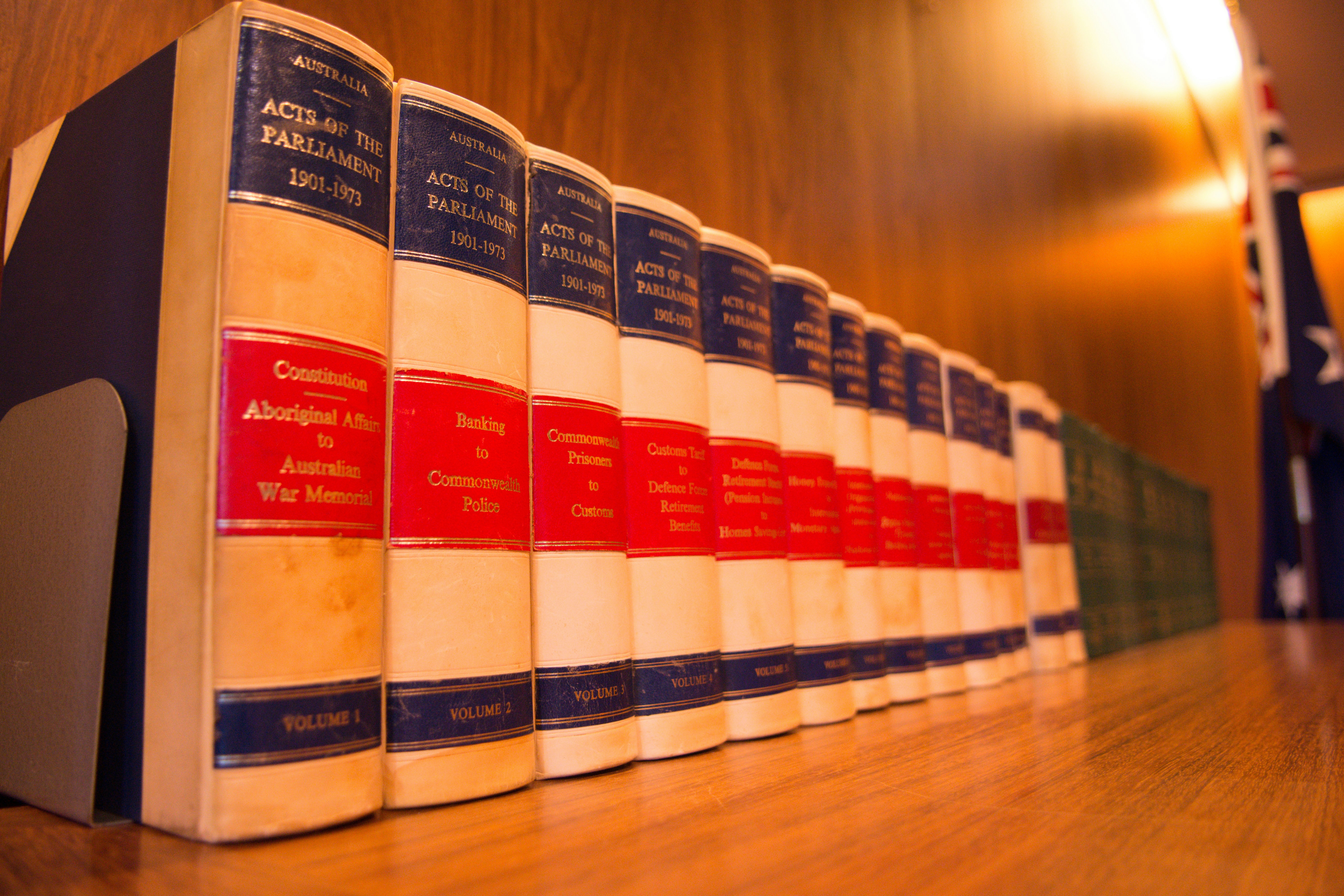Navigating Time-Travel Contracts: Critical Legal Insights for 2025
Imagine a world where time travel isn’t just science fiction, but a booming industry that’s reshaping business agreements and legal paradigms. As we approach 2025, the hypothetical implications of time-travel contracts are sparking intriguing debates among legal experts, entrepreneurs, and futurists alike. But what do these discussions really look like? Navigating such a legal landscape requires insightful understanding and adeptness in interpreting laws that could one day govern our interactions in this extraordinary realm.
While your everyday contracts remain the bedrock of legal transactions, the theories surrounding time travel contracts start to blur conventional definitions of consent, liability, and even intellectual property. In this exploration, we will tackle the implications of these futuristic agreements, draw on current legal frameworks, and provide essential tips for businesses seeking to venture into unknown temporal territory. Prepare to dive deep into the possibilities that lie ahead, armed with authoritative guidance and expert recommendations.
Understanding the Concept of Time-Travel Contracts
Time-travel contracts are, at their core, hypothetical agreements that assume the existence of time travel. While this might sound fanciful, legal scholars are considering the ramifications of such agreements as various advanced technologies reshape our understanding of time and existence.
The Theory Behind Time-Travel Contracts
In a world where time travel is plausible, contracts executing different scenarios—such as licensing the right to visit a past event or sending goods back in time—require a complex legal framework. Thought experiments delving into what if scenarios demonstrate the need for regulations that could potentially govern these interactions. A compelling example comes from examining how we navigate the legality of digital assets in 2025, which, similar to time travel, intertwine technology and law with cultural implications.
Legal Challenges Anticipated
With the excitement over prospective time-travel technology, a veritable maze of possible legal challenges emerges.
-
Consent Issues: For a contract to be valid, all parties must consent to the terms. How do we ensure consent when altering timelines where one party could be unaware of a change in their past?
-
Liability: If a business effort fails due to interference in the past, who bears responsibility? Is it the time traveler, the company, or a third party?
-
Intellectual Property: Innovators must protect their future ideas potentially impacted by past interactions. Watching the advancements in how we navigate intellectual property rights offers a parallel for preparing for these time-related challenges.
-
Jurisdiction: Matters of jurisdiction proliferate with trans-temporal dealings. Which laws apply when actions traverse both timeframes and geographic boundaries?
Real-Life Parallels
Fiction often mirrors reality, and existing legal instruments like smart contracts and decentralized agreements provide essential clues about how to navigate this uncharted territory. The regulatory frameworks forming around digital nomadism today pave the way for understanding jurisdictional aspects that may further guide us in governing future time-travel dealings.
Crafting Hypothetical Time-Travel Contracts: Essential Considerations
For businesses looking to draft contracts revolving around time travel concepts, several fundamental principles emerge from current contract law that necessitate consideration.
Compliance with Existing Laws
Before expounding on future agreements, ensure that your contract strictly adheres to traditional legal frameworks while accounting for hypothetical elements. Just as real estate transactions require a robust understanding of locality law, so too must time-travel agreements comply with conventional laws regarding contracts in the present timeline.
Clear Definitions
Ambiguity can lead to severe disputes. Specify terms such as “future,” “time traveler,” and “effects of time travel” in your agreement to minimize misinterpretations. The evolving legal discourse on AI decision-making similarly emphasizes the necessity of clear definitions to mitigate risks.
Establishing Rights and Obligations
Legal contracts necessitate a specific delineation of rights and obligations of all involved parties. A clear exposition of each party's responsibilities would be paramount in preventing disputes, especially when alterations in timelines could lead to unintended consequences.
Ethical Considerations
Beyond mere legality, ethical implications arise when crafting potential time-travel agreements. Delve into the moral landscape governing decision-making in this brave new world. Just as the legal framework for biometric data is evolving to safeguard individual rights, so too must time-travel agreements by establishing ethical guidelines that will resonate beyond mere compliance.
Engaging in Time-Travel Business Ventures
The mere formulation of time-travel contracts is not enough. Envisioning various interactions and establishing successful business ventures is also critical.
Future Technologies Potentially Influencing Time Travel
Emerging technology like quantum computing and advancements in AI could bridge gaps once thought impossible. Reflecting on the impact of quantum computing on various fields today facilitates an understanding of how these technologies could lay groundwork for future innovations involving time travel.
Consider Market Demand
Even in speculative areas, market intelligence is essential. Before embarking on a venture that entails time travel, a careful assessment of consumer interest and respect for ethical considerations will guide responsible exploration.
Building Alliances and Collaborations
Involving various stakeholders—business, legal, and technological experts—will enhance your venture's chances of success. Just as fierce collaboration characterizes the evolving landscape of robot laws today, partnering with multifaceted teams collectively grappling with time-travel implications can aid in foresight.
Preparing for Testing and Trialing
One of the most stimulating aspects of tackling time travel contracts involves testing the limits of current laws and regulations.
Create Pilot Programs
Businesses should launch pilot programs to gauge feasibility while ensuring legal compliance. Such exploratory ventures provide ample opportunities to adapt and refine tactics based on emerging insights from these trial runs.
Feedback Mechanisms
Continuous feedback from participants and stakeholders is critical. Just as we see during the evolving landscape of influencer marketing, responding swiftly to community insights fosters trust while paving the way for future innovations across timelines.
Learning from Potential Legal Outcomes
Lessons must be drawn from hypothetical time-travel contracts and their implications. Legal scholars and practitioners will play an instrumental role in analyzing outcomes, establishing a wealth of knowledge for businesses in the future.
Case Studies and Legal Precedents
Even in the realm of imagination, developing case studies surrounding time-travel interactions can cultivate a rich conspectus on their ramifications.
-
By closely scrutinizing current examples—like those surrounding digital heirlooms—analysts can unpack various facets of liability, consent, and ethics in this evolving domain.
-
Testing hypothetical laws against historical legal frameworks can prepare businesses for future contingencies—an essential exercise that molds the understanding necessary for navigating unforeseen complexities.
Final Thoughts
As we find ourselves on the cusp of 2025, the notion of time-travel contracts beckons with both exhilaration and caution. Engaging deeply with the hypothetical laws surrounding this dynamic realm engenders understanding and challenges existing beliefs about business agreements. As current laws continue to evolve, prepare for adaptability, forging stronger connections among governance, technology, and ethical practice.
By approaching this area with care, foresight, and a keen understanding of evolving landscapes, businesses can thrive in this uncharted territory, ensuring adherence not only to present laws but to the ethos reflecting our shared realities across time.


















